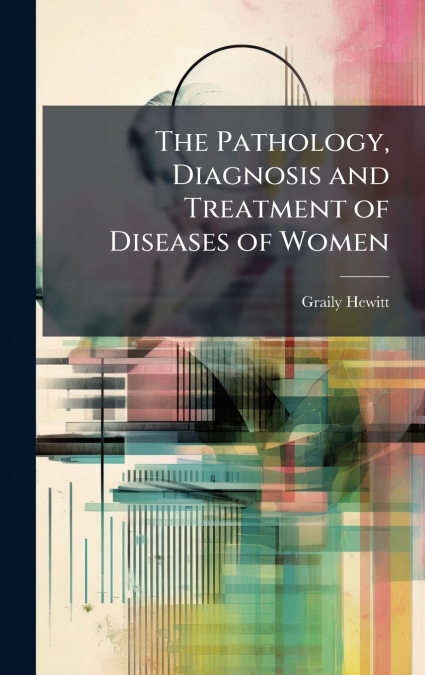
Graily Hewitt
'The Pathology, Diagnosis and Treatment of Diseases of Women' by Graily Hewitt, originally published in 1872, offers a detailed look at the medical understanding and practices related to women’s health during the late 19th century. This comprehensive volume covers a wide range of topics, including the pathology of various diseases affecting women, diagnostic techniques, and available treatments. Special attention is given to the diagnosis of pregnancy, reflecting the era’s medical focus. This book provides valuable insights into the history of gynecology and obstetrics, showcasing the evolution of medical knowledge and the challenges faced by practitioners of the time. It serves as an important resource for historians of medicine, students of women’s studies, and anyone interested in the development of medical science. While medical practices have advanced significantly, this historical text offers a fascinating glimpse into the foundations upon which modern gynecology was built.This work has been selected by scholars as being culturally important, and is part of the knowledge base of civilization as we know it. This work was reproduced from the original artifact, and remains as true to the original work as possible. Therefore, you will see the original copyright references, library stamps (as most of these works have been housed in our most important libraries around the world), and other notations in the work.This work is in the public domain in the United States of America, and possibly other nations. Within the United States, you may freely copy and distribute this work, as no entity (individual or corporate) has a copyright on the body of the work.As a reproduction of a historical artifact, this work may contain missing or blurred pages, poor pictures, errant marks, etc. Scholars believe, and we concur, that this work is important enough to be preserved, reproduced, and made generally available to the public. We appreciate your support of the preservation process, and thank you for being an important part of keeping this knowledge alive and relevant.